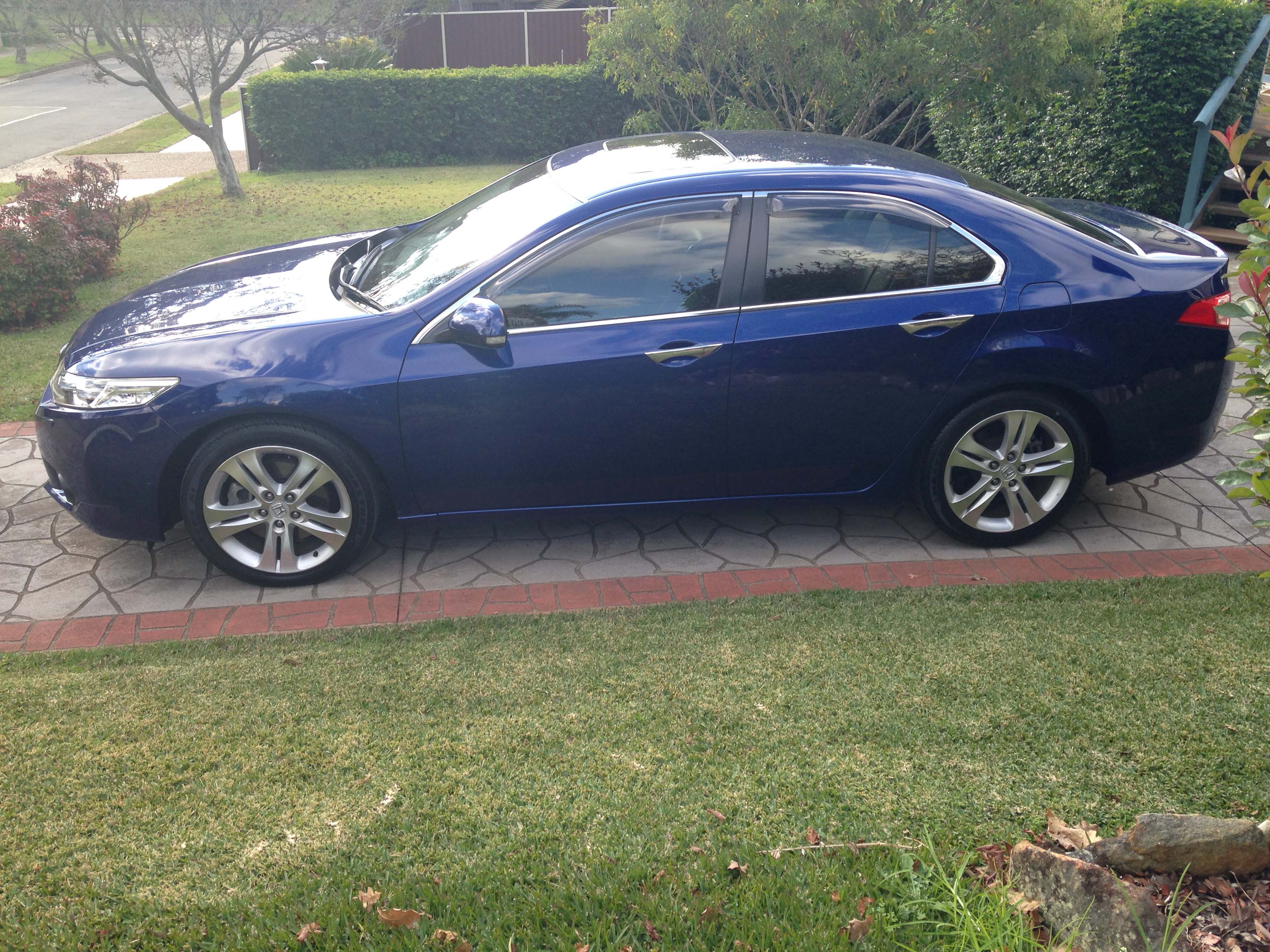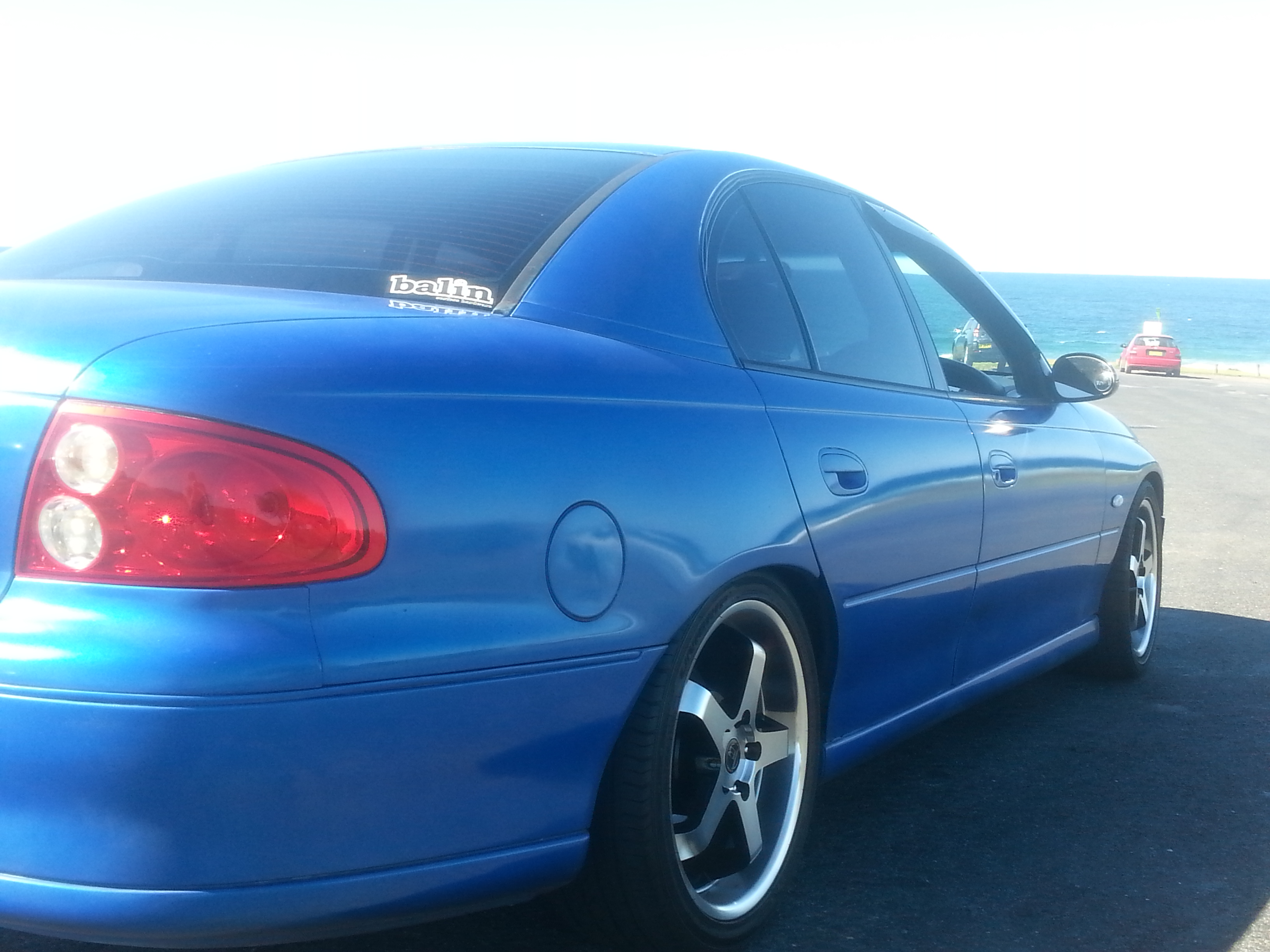
As an example, working habits had to adapt to remote work practically overnight. Understanding and using the opportunities is crucial for the survival of retail networks. On the contrary, the crisis is a catalyst and creates opportunities for accelerated change. The COVID-19 crisis will not bring disruptions to a halt. Leasing, rental and subscription of cars and mobility services is becoming more prevalent and attractive – which is affecting dealers’ revenue pools and how they must manage the customer lifetime value and relationship.ĭemand and supply are shifting towards EV, with an increasing need for investments in dealers’ EV infrastructure, as well as new sales qualifications and processes.ĬOVID-19 lockdowns and their aftermaths will increase the dynamic of change in automotive retail New and more flexible vehicle ownership and usage:.

The way we buy and drive cars and consume mobility is dramatically changing: brick-and-mortar dealerships are losing importance in favor of online channels. Digitalization of the automotive customer journey:.Unlike during prior crises, the car industry is amid mutually reinforcing transformations, which all “hit” car retail simultaneously and are now further fuelled by the effects of COVID-19: Trends in the automotive industry brought headwinds to dealerships even before the crisis Measures need to reflect that the effects of COVID-19 have sped up recent trends in car retail. OEMs, national sales companies (NSCs) and importers need to intervene now with changed focus: not only stop traditional retailers from perishing but support and manage the ongoing change processes long term. Purchase incentives for cars or scrappage schemes only help dealers to mitigate the enormous effects of the crisis in the short term. On the high end, luxurybrand dealers are also suffering from high-capital tie-up and low turnover rates. Due to lower margins, dealers of mass-market brands are more affected than premium-brand outlets. This endangers the survival of 20-40 percent of all dealerships, depending on the market and brand. Our studies and interviews reveal significant financial distress among dealerships: in most impacted markets, about 80 percent of dealers are expected to report losses in 2020, and a percentage are at risk of default. Lockdowns and sluggish demand in the current recession will seriously affect the entire automotive supply chain, including retailers, for the next two to three years. The COVID-19 crisis is causing an unprecedented contraction in car sales across Europe: car sales in 2020 are expected to be down to three-quarters of 2019 volumes.ĬOVID-19 will negatively affect sales volumes for years – many dealers will fight for financial survival Europe’s new-car business collapsed from February to May 2020, with 20-30% less sales expected for the year

OEMs must take this unique chance for bold actions to change the distribution model. This is the time to accelerate change processes by reviewing and adapting strategies and investment plans, although financial resources will be limited over the next years. Ongoing transformations such as EV sales, new car ownership models, process digitalization, and new sales models will challenge financially weakened retailers even more.

The effects of the COVID-19 crisis on automotive markets highlight the fragility of the traditional car distribution system and intensify the existing need for change. If you would like to search acronyms covering different sectors, go to. This list contains over 3,000 acronyms covering the automotive industry and is regularly updated by SMMT. Select a letter from the list above to view the AUTOMOTIVE GLOSSARY OF ABBREVIATIONS. A B C D E F G H I J K L M N O P Q R S T U V W Y Z


 0 kommentar(er)
0 kommentar(er)
